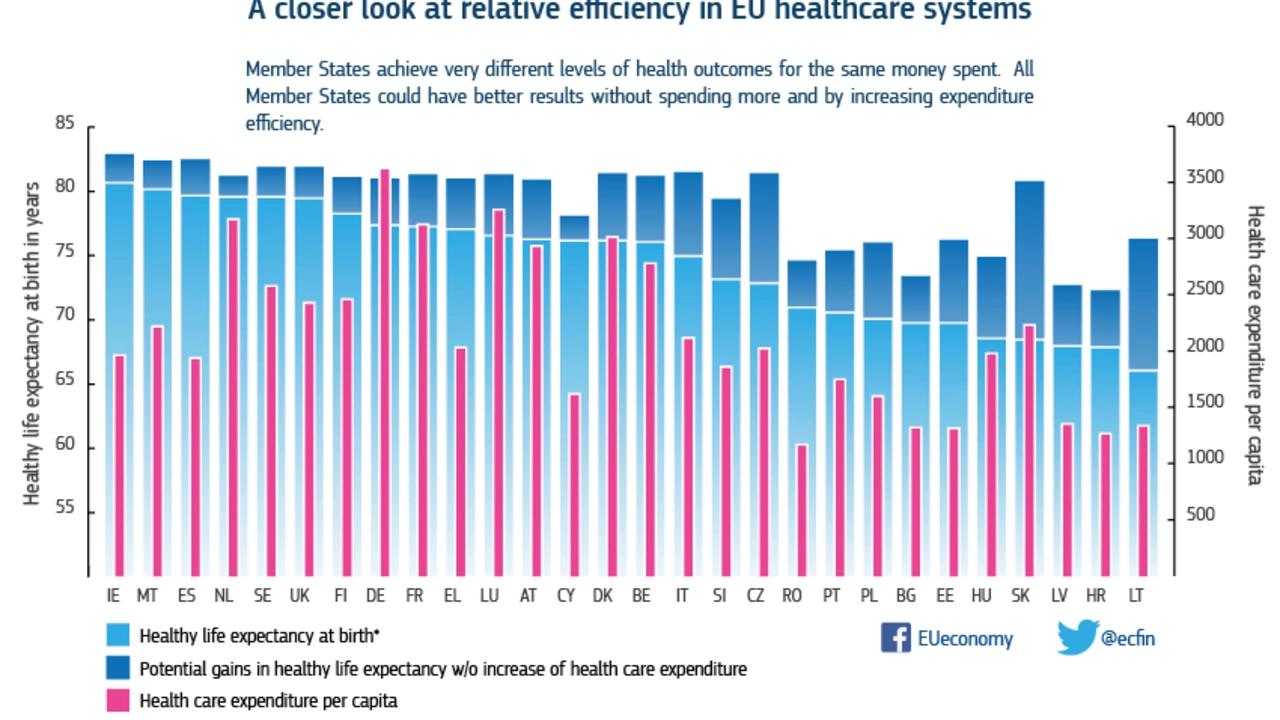Dispelling Myths Around Universal Health Care
As Kaius, I've heard plenty of horror stories about universal health care. Tales of seemingly endless waiting times, overworked doctors, and "one-size-fits-all" treatments, which by now probably are echoing in your ears too. No doubt, these rumors are usually fueled by those with vested interests in the profit-driven health care system. But then, ladies and gentlemen, let me bring on board a few eye-openers. Fyi, it's funny how those against it refer to universal health care as a "Monster of Public Expense" when it's actually much cheaper than you'd think. Let's plunge into this further.
The Mirage of Expensive Universal Health Care
Alright, let's first confront the elephant in the room- Is universal health care expensive? Not really. No! Wait, I must have startled you a bit. Let me explain. Health care costs across nations with universal health care tend to be substantially lower than in countries without such a system, and the good ol' U.S.A. is a prime example. The administrative costs of multiple insurance providers, competitive marketing, and the immense negotiation around pricing make up a hefty sum. On the flip side, universal health care can eliminate these extra layers of cost, making it far more economical.
It's All in The Negotiation
Now, if you're wondering how universal health care can cut down the cost, here's the secret sauce: Negotiation. Universal health care gives countries like Canada and UK a stronger negotiating position. They're able to purchase medications in bulk, therefore, securing lower costs for each unit and passing the savings onto the citizen. Contrastingly, in the U.S., each health insurance company has to individually bargain prices with pharmaceutical companies, medical equipment providers, and health professionals. There's simply more power in a single, unified front.
Prevention Over Cure
If you remember the good old adage, "Prevention is better than cure," that's effectively the philosophy embodied by universal health care. It encourages regular check-ups and preventive care, thus catching medical issues early on. This approach is much cheaper than treating advanced diseases and helps alleviate the pressure on emergency services. It's similar to maintaining your car to prevent it from breaking down, rather than waiting for a giant repair bill when the engine finally gives up. Interesting, huh?
Bypassing Unnecessary Middlemen
Here's an amusing fact. In the present system of health care in many countries, especially the U.S., there are just way too many middlemen, from insurers to brokers and drug supply chains. Each contributes a chunk to the escalating medical costs. On the other hand, universal health care simplifies the system, removing these unnecessary intermediaries. The result? A considerable dip in costs! Breaking down complex barriers is often the challenge. It’s a weird world where simplicity is more complex than complexity!
Long-Term Economic Benefits
Chronically ill people and those with medical emergencies sometimes can't afford the treatment or must file for bankruptcy. Remember the awful 2008 recession? Economic recessions can be brutal and tire some. But guess what? Countries with universal health care systems didn't experience the same rate of medically-induced bankruptcies as those without. You see, when people are healthier, they work more, earn more, and consequently, spend more, stimulating the economy. So, indirectly, universal health care fuels economic prosperity. Oh, how the pieces line up!
Less Hospital Related Debts
Now, have you ever thought about how medical bills can turn into monstrous debts? I remember a buddy of mine who had to crowd-source funds for his treatment. Fortunately, under universal health care, such personal stories of hardship could become a thing of history. With everyone covered, no one has to worry about going into debt from a hospital visit. That’s one less thing off our worries list. Now if only someone could find a solution to student loans!
The Role of Taxes and Cross-Subsidies
Last but not least, universal health care is significantly financed through taxes and cross-subsidies, making it affordable for everyone. The higher income sector subsidizes the lower income sector, ensuring everyone gets their fair share of health care. A Robin Hood of healthcare if you will. It aims at creating a health-equal society, making it an irony to even brand it expensive.
So, my friends, this is just a mere overview of why universal health care, against many misleading narratives, is actually affordable. The health of a nation is indeed the wealth of the nation, and it's high time we all understand this. Because it's not just about you or me, it's about all of us. It’s about ensuring that no one has to decide between getting medical care or paying rent. As they say, the greatest wealth is health!
